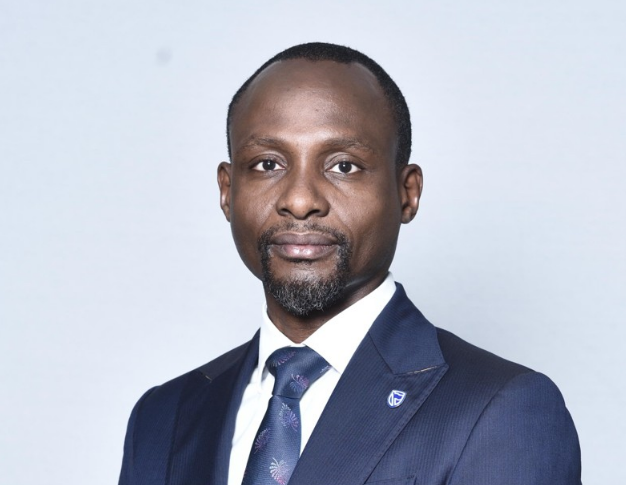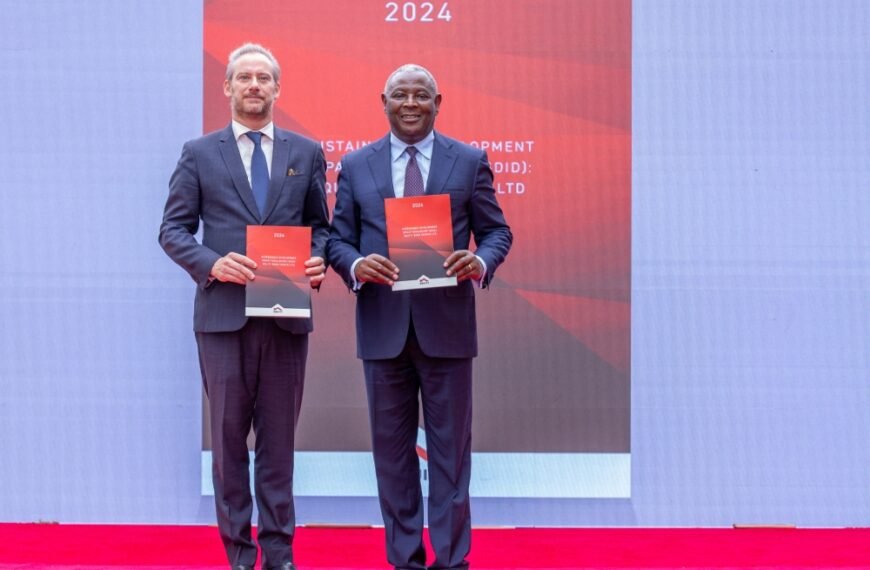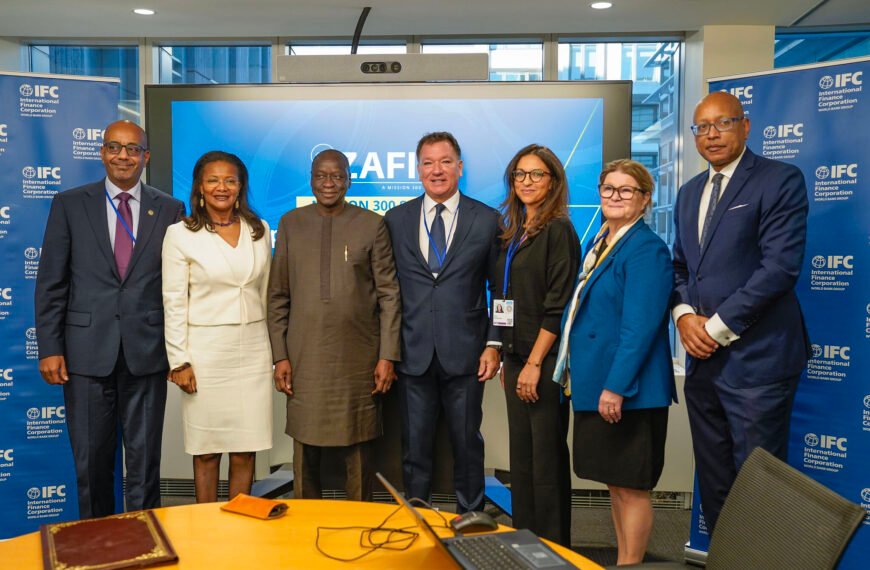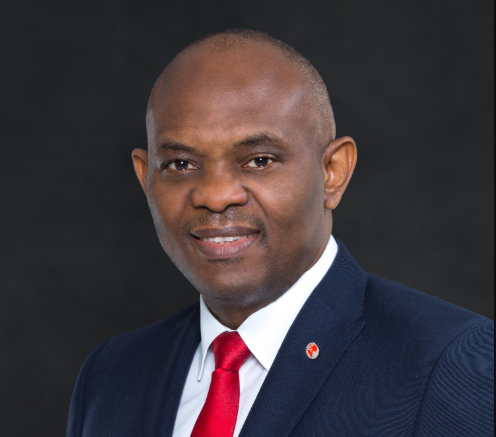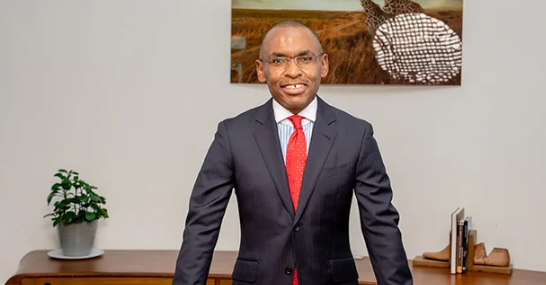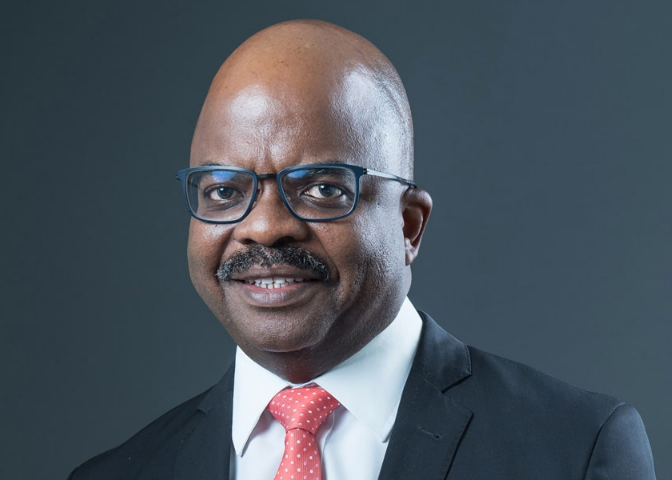
Fidelity Bank, NEPC, LBS Train MSMEs in Kano
Fidelity Bank Plc has disclosed that it is currently training over 100 operators of MSMEs at the 8th edition of its Export Management Programme (EMP) in Kano State.
Organised by the bank in strategic partnership with the Nigerian Export Promotion Council (NEPC) and the Lagos Business School (LBS), the programme currently in its third year was designed specifically to enhance the competitiveness of export-oriented businesses.
According to a statement, the programme has since graduated over 400 entrepreneurs who have transitioned from base level export experience to becoming established exporters with extensive export market footprints.
Since the commencement of the programme in 2017, the bank had always planned to take EMP to other parts of Nigeria where there are critical mass market opportunities for exports.
Speaking at the opening ceremony, the Bank’s Deputy Managing Director (DMD), Mohammed Balarabe commended the participants for enrolling for the programme, adding that it was smart investment decision in the light of emerging opportunities in the non-oil sector of the economy.
“I am very confident that your business will benefit immensely from the insights and knowledge that the programme provides, with return on investment far exceeding the financial and economic costs of the programme to you,” Balarabe said.
Commenting on the rationale behind holding this edition in Kano, Balarabe noted that the decision was borne out of the need to exploit the massive potentials of the positioning of Kano as the hub for aggregation of agro commodities in Northern Nigeria.
“Kano is the hub for agro commodity exports in Northern Nigeria and majority of these exports are done informally. We have brought this Programme closer to you to fully unlock the potentials of the Northern Exports market and help you gain the knowledge required to increase your market access” he said.
Speaking in the same vein, the Regional Coordinator (Northwest) for NEPC, Mr Hassan Bala, stated that the programme would help scale capacity of existing and potential exporters to enable them participate fully in the non-oil export business in Nigeria.
“The faculties we have gathered have the capacity and experience to assist the participants in achieving the target set for the programme. It is an invaluable training programme for all businesses interested in Nigeria’s foreign trade”.
The Programme Coordinator and Lagos Business School Faculty Member, Dr. Frank Ojadi, decried the over dependence of the country’s economy on oil exports.
“The truth remains that Nigeria’s economy is overly dependent on the oil sector and this makes the prosperity of the economy reliant on crude oil prices. We need to concentrate on development of our non-oil export to increase revenues for the Government and generate employment for the populace.”


